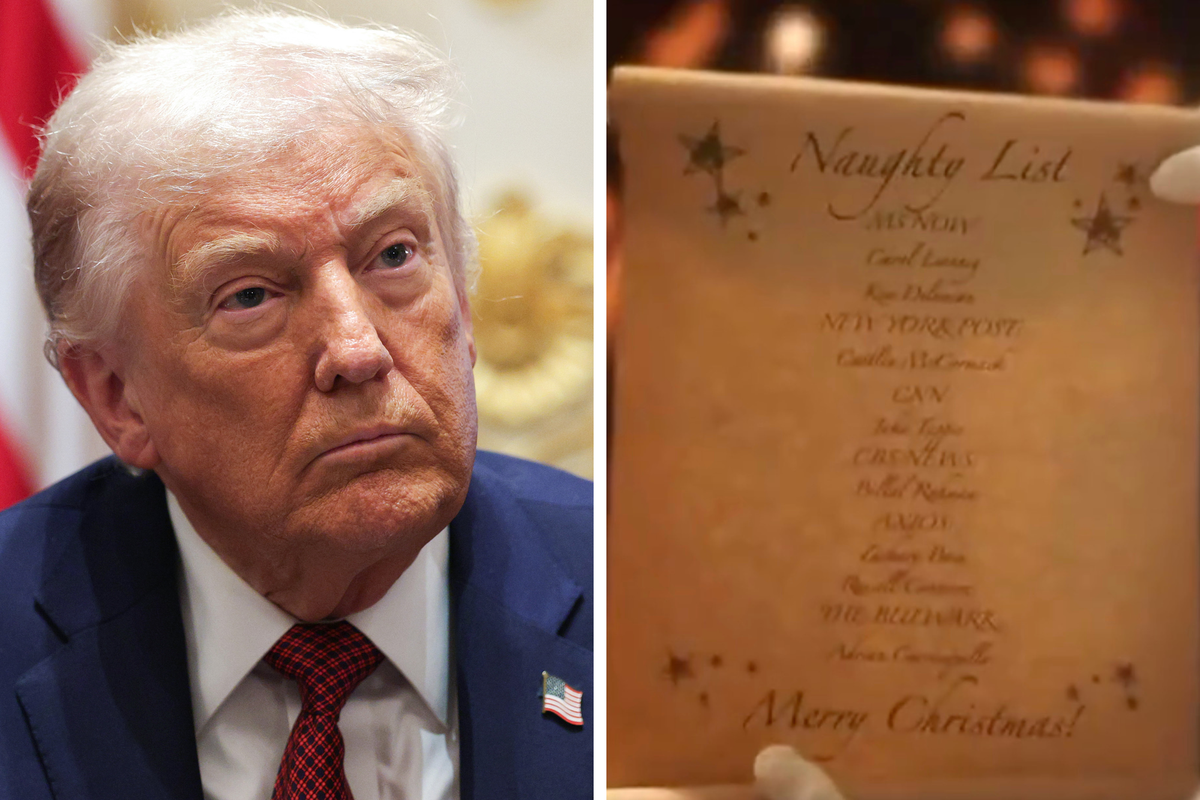News
Louis Dor
Oct 01, 2015
A Russian scientist has injected himself with 3.5-million-year-old bacteria in an attempt to extend his life expectancy.
Anatoli Brouchkov, the head of the Geocryology department at Moscow State University, has injected himself with the bacteria to see if it had any effect on him.
(Picture: Anatoli Brouchkov/YouTube)
He’s speculated that the bacteria, named Bacillus F and found in the permafrost of the Sakha Republic of Siberia, could increase life expectancy as it has been alive for millions of years and has allowed older female mice to reproduce in tests.
The bacteria has also been shown to stimulate the growth of crops and increase their resistance to frost.
It was discovered by Brouchkov in 2009 at a place known as Mammoth Mountain.
Brouchkov told the Siberian Times that, since injecting himself with the bacteria, he works longer hours and hasn’t had flu for two years:
It wasn't quite a scientific experiment, so I cannot professionally describe the effects. But it was quite clear for me that I did not catch flu for two years.
Perhaps there were some side-effects, but there should be some special medical equipment to spot them. Of course, such experiments need to be conducted in clinic, with the special equipment and statistics.
It still needs the experiments. We have to work out how this bacteria prevents ageing.
What a possibly indeterminate time to be alive.
More: How long do you have left to live? The government has a tool to help you find out
Top 100
The Conversation (0)













